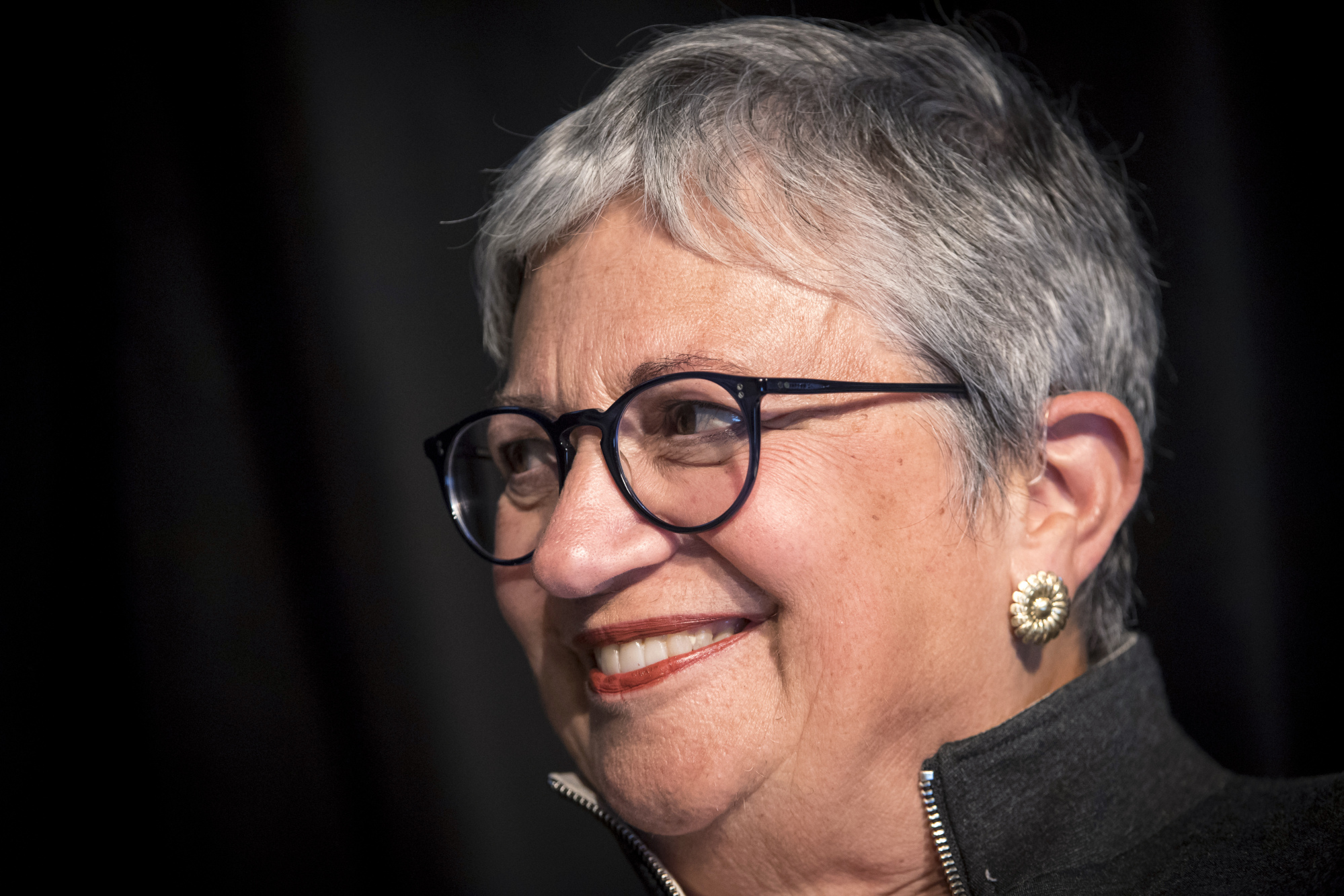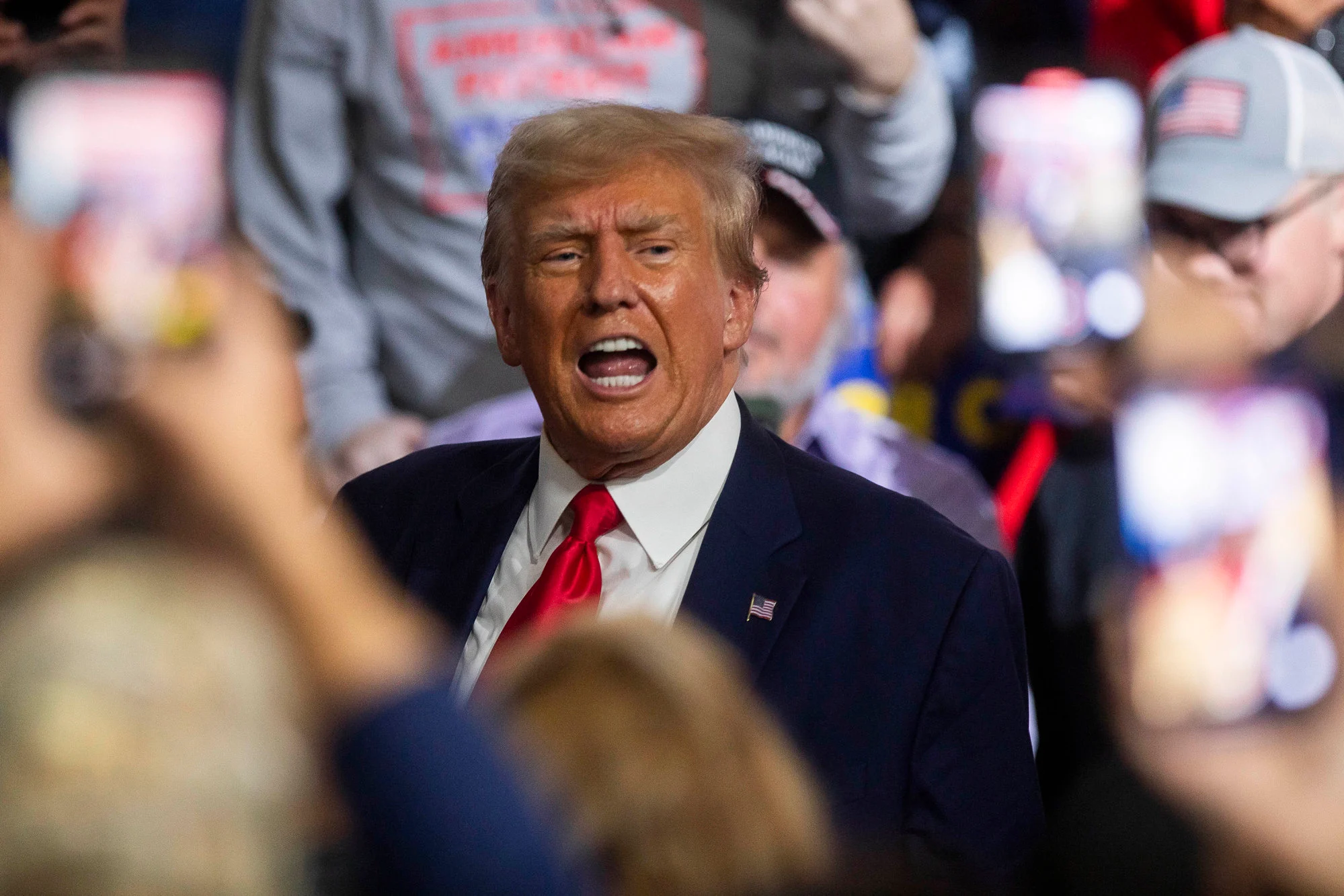Mary Nichols, the former chair of the California Air Resources Board, has been at the forefront of numerous environmental battles throughout her tenure spanning over 15 years as the leader of the state’s influential regulatory authority.
In her initial term, CARB pushed for the installation of catalytic converters by automakers to combat air pollution.
Subsequently, from 2016 to 2020, Nichols spearheaded efforts to thwart the Trump administration’s endeavors to strip California of its authority, granted under the Clean Air Act, to establish its own air-quality standards.
In 2020, during her final year as CARB chair, California Governor Gavin Newsom issued an executive order aimed at phasing out the sales of new gas-powered vehicles in the state by 2035.
However, this directive awaits approval from the U.S. Environmental Protection Agency and faces criticism from Republicans opposed to mandates promoting electric vehicles (EVs). A potential reelection of former president Donald Trump could reignite conflicts between California and the federal government over emissions regulations.
An environmental lawyer by profession, Nichols currently teaches at UCLA and is engaged in crafting a memoir to inspire young environmental activists. She remains steadfast in her commitment to environmental causes, epitomized by her choice of a Ford Mustang Mach-E as her personal vehicle.
During an interview at the SAFE Summit, where investors, policymakers, and industry executives convened to discuss electrification and economic competition with China, Nichols provided insights on various topics, which have been edited and condensed for brevity:

The conversation delved into the uncertainty surrounding EV demand in the U.S. auto industry, particularly contrasting the success of hybrids with the challenges faced by manufacturers like GM and Ford in the BEV sector.
Nichols defended the strides made by GM and Ford in the electric vehicle market, emphasizing their continued commitment despite setbacks.
She highlighted California’s growing preference for EVs in car sales despite slower adoption rates elsewhere, attributing the evolution to the substantial technological shift.
Nichols expressed frustration over negative press surrounding EV sales, particularly referencing Toyota’s previous reluctance towards EVs and subsequent promotion of hybrids.
Regarding the potential for a second Trump presidency and its impact on fuel-economy regulations, Nichols highlighted past backlash faced by auto companies under the previous administration, underscoring consumer and public opinion backlash.
She expressed confidence in Governor Newsom’s commitment to the phase-out of gas-powered vehicles by 2035, citing California’s longstanding resilience in the face of challenges to its regulatory authority.
Nichols discussed the hurdles associated with Chinese-made EVs entering the U.S. market, emphasizing the need for compliance with rigorous U.S. standards and regulations.
Regarding hydrogen fuel cell cars, Nichols shared her personal experience with a Toyota Mirai, noting challenges related to fuel availability and the market’s limited scope.
She emphasized the potential role of hydrogen fuel cells in heavy-duty commercial applications, aligning with the energy commission’s original vision.
In response to the Biden administration’s infrastructure plans for electric-vehicle charging and hydrogen-fueling along freight corridors, Nichols highlighted their significance in decarbonizing supply chains and reducing emissions from medium- and heavy-duty trucking.
Nichols’ insights shed light on the complex dynamics shaping the future of automotive technology and environmental policy, underscoring the ongoing efforts to accelerate the transition towards cleaner transportation solutions.
Also read: Trump Threatens 100% Tariffs On Chinese Cars From Mexico: A Trade War Looms

